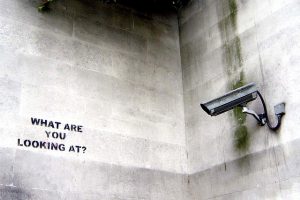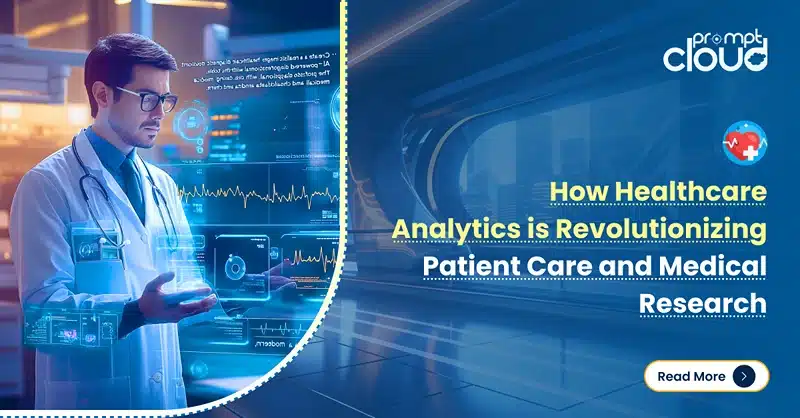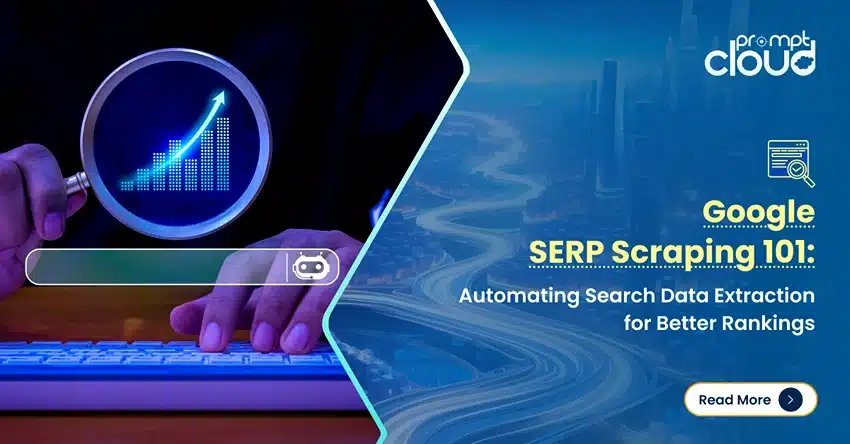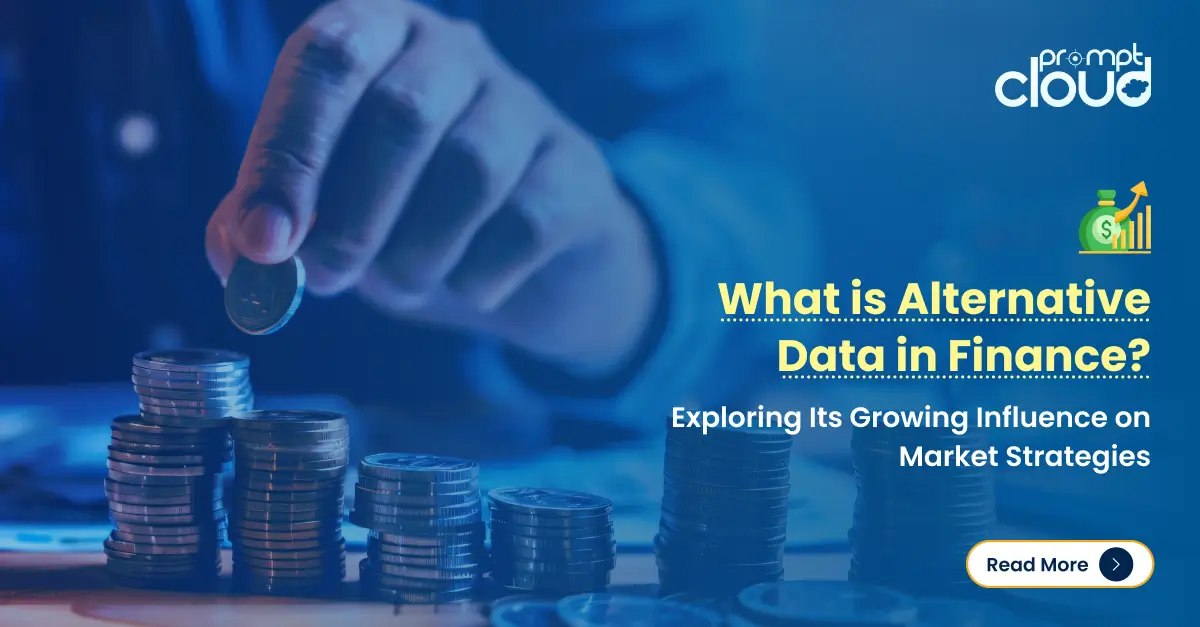Over the last few years, state-sponsored data collection has come to the fore thanks to whistle-blowers and ex-spies. Since then, the clamor for calling the line between private and public data for safety and security has grown.
Big Data stands yet again on trial: is it the dark knight that we need to help us keep peace and the state safe? Is it the elixir that will radically change our lives?
Definitely, Big Data is not going to die (not yet, at least). But can Big Data really be both?
Light at the tunnel’s end
Of course, data collection is not new. Cookies existed since when the Internet first spread its web keeping track of what you searched, where you looked and when you opened. In fact, data collection from Internet usage is now yielding a treasure of insights on users, including:
Smart Cities:
Big Data analytics is fast proving to be crucial in bettering lives of ordinary citizens. With it, tackling serious issues like sustainable cities, healthcare and education is becoming easy and effective. Using mobile devices to gather real-time data, scientists, entrepreneurs and administration are now moving towards instituting better citizenship, improved infrastructure, greater public engagement, and responsibility. All of this without prying on private data!
Healthcare:
Big Data also has substantial impact on the health of populations, today and in the future. Big Data allows clinicians to grasp relevant information, see patterns, and use it to identify trends that will impact the future of healthcare – otherwise known as predictive analytics. Big Data is paving the way for reduction in cost of care, efficient management of resources and most importantly, battling chronic diseases like cancer and Ebola. More here.
Environmentalism:
To monitor the planet’s health, we now have devices equipped with sensors that record temperature, carbon emissions, chemicals in the air or water and everything that can be measured! This data is critical in modelling and predicting climatic changes and even aids in mitigating natural disasters.
Naturally, you ask what the problem with Big Data is if it is so helpful?
Janus-faced
Big Data is a double-edged sword, and cuts both ways. Although the potential of Big Data to do good is great; it is just as easy to manipulate and abuse. Its all-pervasive nature is both its boon and bane.
While we may call for stricter privacy legislation, the fact remains that the way Big Data is currently being used is something we can live with. Yet, there is but a small error of margin in the way law enforcement, intelligence agencies, other government agencies, and conglomerates access and handle personal information.
As it happens, a large-scale hack or security breach is only an inevitability. Industrial and military data is always under threat from hackers or malicious individuals wanting to control data. The only way to dissuade such a threat—to national, social and even personal—is to be pre-emptive.
Silver Lining
Strong data protection practices must go hand-in-hand with innovative data usage. If existing legal and policy frameworks need to be widened to accommodate Big Data then so be it.
This, perhaps, is the biggest challenge in building public confidence in cloud and other emerging technologies that rely on Big Data: laws that draw the line between data collection and violating privacy. The key remains in making Big Data handlers to be sensitive and empathetic towards data usage, 
On the face of it, Big Data is really a public conundrum: datasets in question are too large and complex for public to pay attention or have grievance against. This is also what makes it more accessible and vulnerable to those with resources equipped to deal with Big Data —like technology or finance.
At its end, the problem of Big Data begins and stops with us all. Individually, we are but bits of the datasets. We determine how big data surges ahead or is reined it. Ultimately it’s also about how we allow Big Data to be used against us.
Not all big data is bad, but knowledge is power and power corrupts. Prudence lies in recognizing the potential Big Data has in improving lives and being realistic about its capacity to do harm.
Big Data can be both, but will it live long enough to be the villain?
Image Credits: nolifebeforecoffee | therevsteve | njsouthall




















